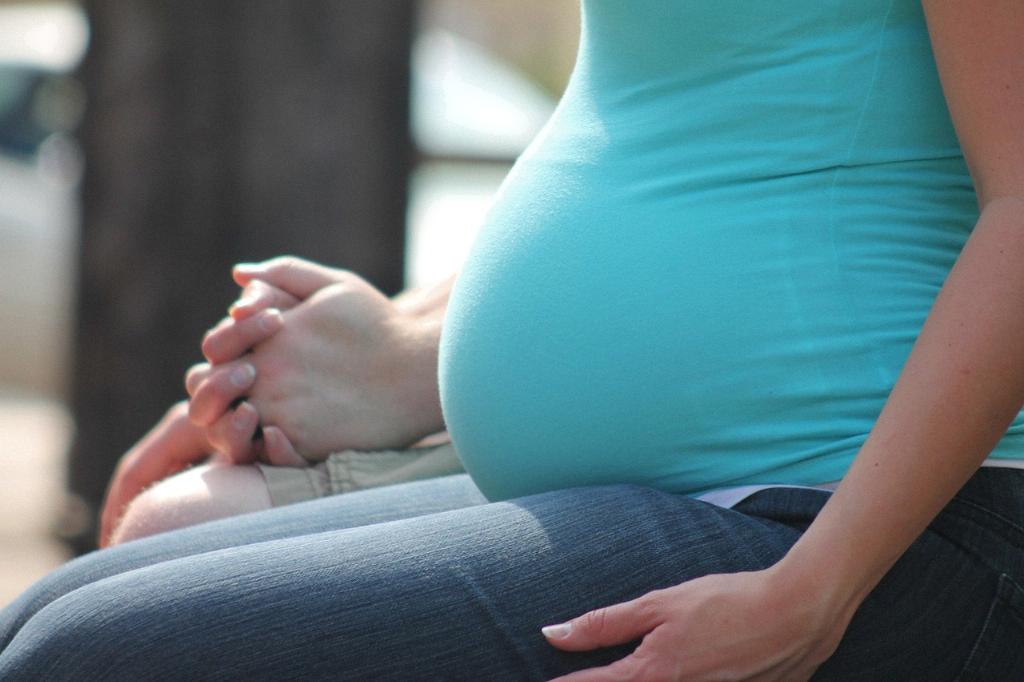Heart palpitations during pregnancy can be a concerning symptom for many expectant mothers. It’s important to note that experiencing heart palpitations during pregnancy is quite normal and is usually not a cause for alarm. These palpitations are often related to the changes that occur in a woman’s body during pregnancy.
Onset of Heart Palpitations
Heart palpitations during pregnancy can start as early as the first trimester for some women, but they are more commonly experienced as the pregnancy progresses into the second and third trimesters. The increased blood volume and the additional workload on the heart can trigger palpitations as the fetus grows.
Factors Contributing to Heart Palpitations
Several factors can contribute to heart palpitations during pregnancy. The hormonal changes in the body, particularly the increase in progesterone, can affect the heart rate and rhythm. Additionally, the expanding uterus can put pressure on the surrounding organs, including the heart, leading to palpitations.
Physical Changes in Pregnancy
As the pregnancy progresses, the body undergoes significant changes to accommodate the growing fetus. The heart works harder to supply oxygen and nutrients to both the mother and the baby, which can result in palpitations. The increased blood volume in the body also plays a role in triggering palpitations.
Emotional and Physical Stress
Stress, whether emotional or physical, can exacerbate heart palpitations during pregnancy. The body’s response to stress can lead to an increase in heart rate and palpitations. It’s important for pregnant women to manage stress levels and practice relaxation techniques to help reduce palpitations.
Diet and Hydration
The food and fluids we consume can also impact heart palpitations during pregnancy. Dehydration and a lack of essential nutrients can affect heart function and contribute to palpitations. Maintaining a balanced diet and staying hydrated can help alleviate palpitations.
Importance of Regular Prenatal Check-ups
It’s essential for expectant mothers to attend regular prenatal check-ups to monitor their overall health and the well-being of the baby. During these visits, healthcare providers can assess any concerns related to heart palpitations and provide guidance on managing them effectively.
When to Seek Medical Attention
While heart palpitations during pregnancy are often benign, there are instances where they may indicate a more serious underlying condition. If palpitations are accompanied by chest pain, dizziness, fainting, or shortness of breath, it’s crucial to seek immediate medical attention.
Self-Care Strategies
There are several self-care strategies that pregnant women can implement to help reduce heart palpitations. These include practicing relaxation techniques, engaging in gentle exercise, maintaining proper posture, and ensuring adequate rest and sleep.
Conclusion
Heart palpitations during pregnancy are a common occurrence due to the physiological changes that take place in a woman’s body. Understanding the factors that contribute to palpitations and adopting healthy lifestyle habits can help manage this symptom effectively. It’s crucial for pregnant women to prioritize their well-being and seek medical advice if they have concerns about their heart health.

